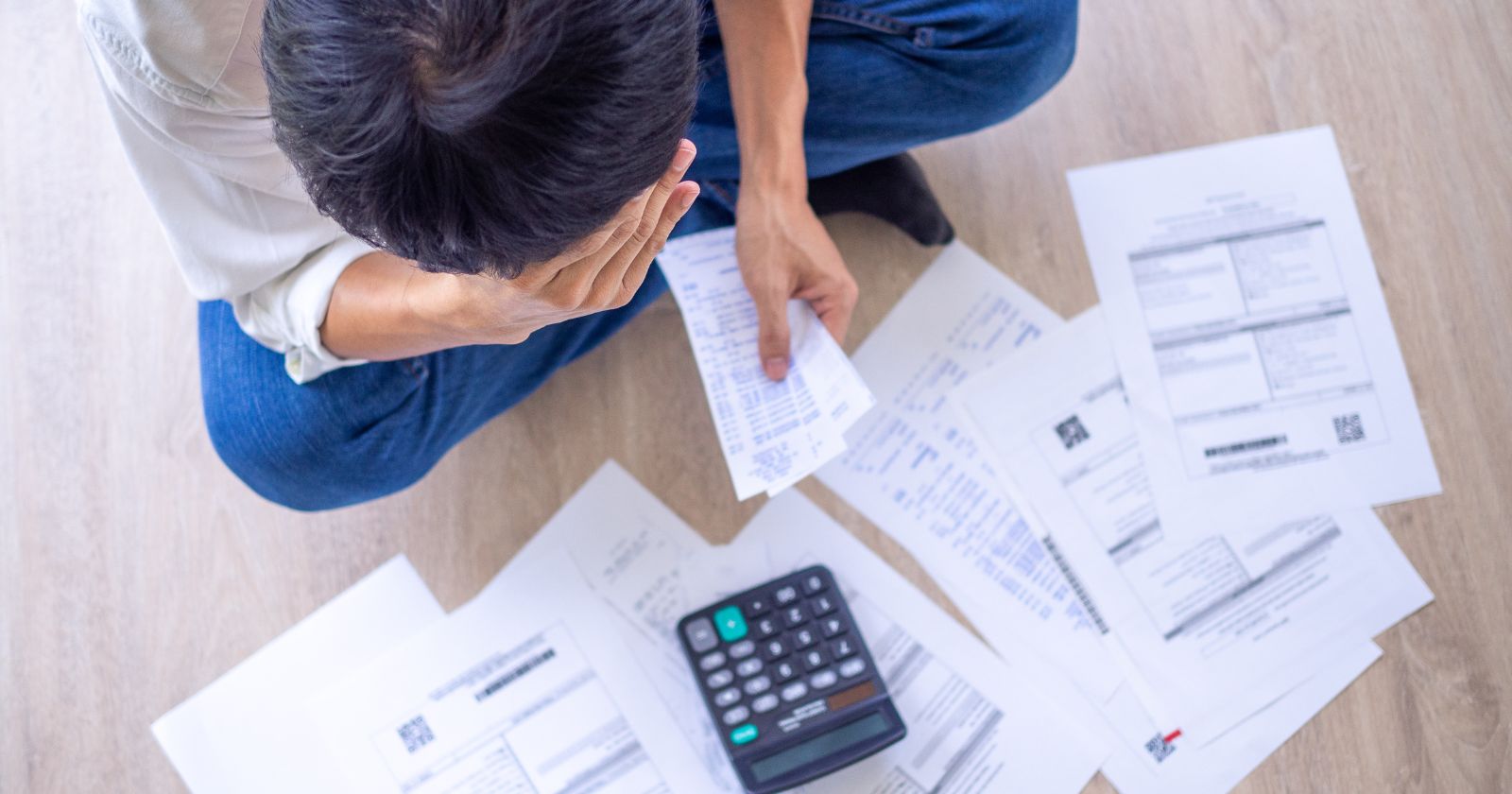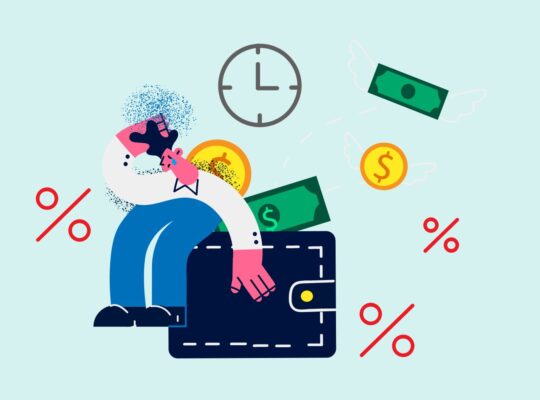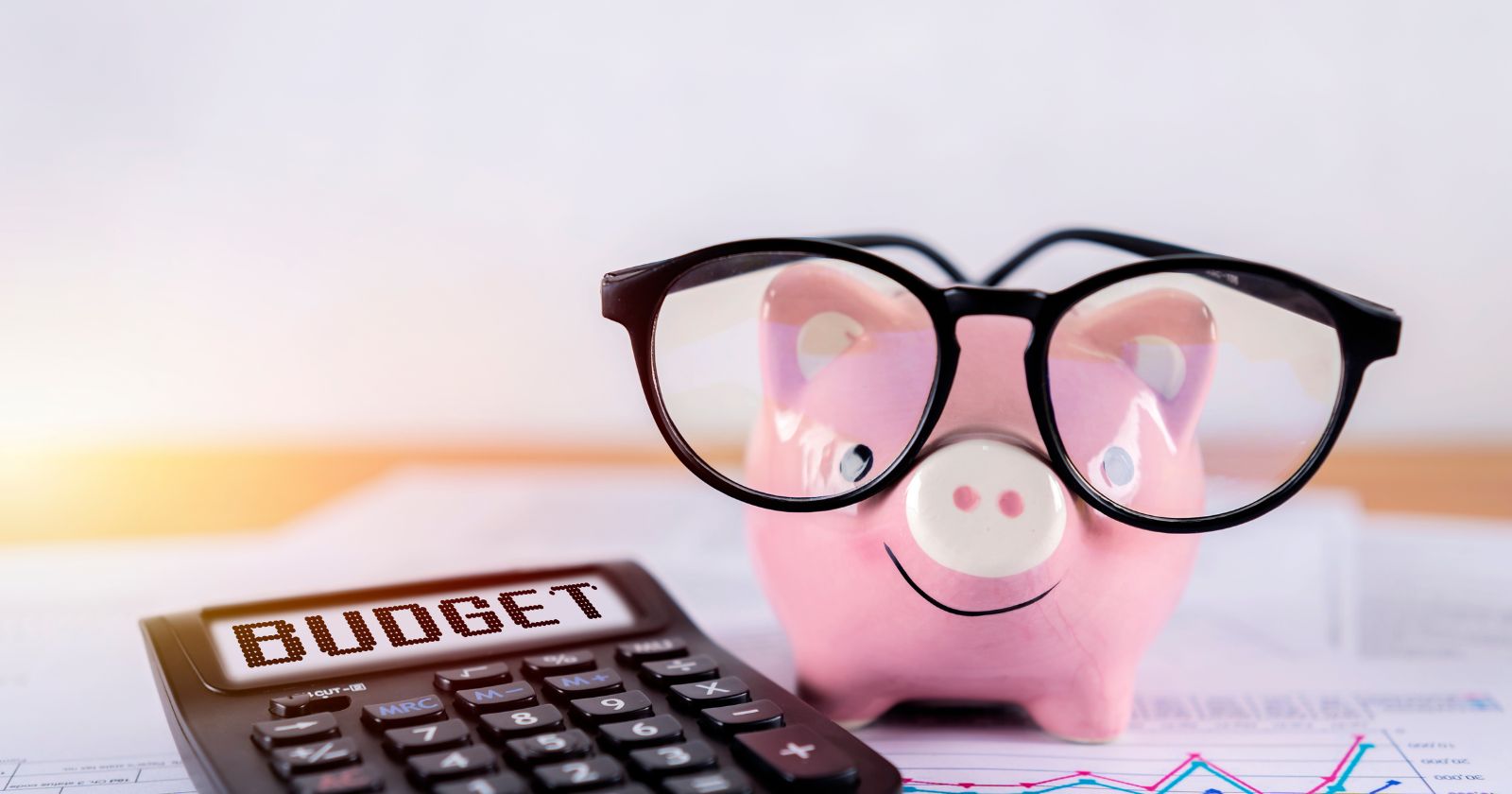When I said goodbye to my secure, well-paid, unrewarding corporate job, I didn’t know that freelancing was even an option.
I was just looking for a new opportunity, maybe in a start-up. Something fun, exciting, and original.
It turned out I really wanted to be a freelancer but took me a few weeks to put a name on it.
There were challenges along the way, a few setbacks, and a steep learning curve.
Now, I have completed 269 freelance writing jobs, on several different topics including fashion and blog writing. I love what I do.
To get started with Freelancing, following a proven blueprint…
…Check out My Freelance Paycheck.
Here are some things I wish I’d known when I embarked on my freelancing journey:
1| Have an emergency fund and lots of patience
I’m not telling you here to postpone freelancing indefinitely, just to make sure you have some money set aside that you can use to pay your bills until you start making money freelancing.
The clients will come, you will make money, but you need to be patient and have a strategy in mind.
It can take a few days, weeks, or even months until you will be able to support yourself financially exclusively from freelancing jobs.
Until then, having an emergency fund with the money you need for the basics (rent, food, transportation, services) for a minimum of two months is a good idea.
Or start freelancing while still keeping your day job.
2| Listen to other people’s experiences, but don’t assume it will be the same for you
Most people you meet don’t believe in freelancing.
Some of them even tried it, and it was a complete waste of time, money, and energy.
They will tell you to look for a real job.
They will tell you the competition is fierce, the clients are not willing to pay good money for these services, and you just can’t make it.
The reality is theydidn’t make it. But you can. Like many others did. Like I did.
3| Set up working hours
Making your own program can be a blessing, and it is the reason many freelancers would never go back to working from 9 am to 5 pm.
However, it can also be a trap. You have all the hours in the day (and night) to work. All the days in the week. So much time on your hands.
This is a good time to set up some working hours.
You can design your own daily routines, maybe you want to start with a walk in the park or a workout session at the gym and then get to work.
Maybe start with work and then hit the gym. But a routine is essential as this is the only way to ensure you get the work done.
Since we got to setting up working hours, you should also set up a working space.
It should give you a working vibe, so you feel motivated and energized when you get to it!
You can read more about it here: My Freelance Paycheck.
4| Build a strong portfolio
In the first weeks, you might have few, if any, clients. You will have poor cash flow. What you can do to stay motivated and make progress is to build a strong portfolio.
This might mean that you should take clients that pay little for a project (but the project is interesting, and you can use it to showcase your skills).
If you have no clients at all, just get in touch with some NGOs and do some work for free for them.
Anything that makes your talents shine, and you can use to attract clients later on.
Get some testimonials while you are at it. Your future clients want to know how appreciated your work was.
5| Sign a contract with every client
Yes, I know what you are thinking now, this doesn’t sound like lots of fun. And what if the client doesn’t want to sign a contract?
Well, this is too bad for him as he won’t get to work with you.
Contracts are made to protect both you and your client and to make things go smooth in case the working relationship deteriorates.
Take the time to name clearly all the deliverables, the deadlines, and the payment details.
This will save you from unpleasant conversations such as “I thought this was included in the initial cost” or “I didn’t know I had to pay every month.”
6| Ask for a deposit before you start working
While you’re doing the paperwork, make sure to ask for a deposit before you start working.
It can be as little as 15% or even 35% of the contract.
For new clients, I usually ask for 35%, just to make sure they do have the money.
You can use Escrow if it gives you more peace of mind. It is important to know your work will be paid in full.
The deposit is good for your cash flow too. It is also a way to know if your prospective client is serious.
Late payments are very common nowadays and can have a negative effect on your routines.
To get started with Freelancing, check out this proven blueprint…
…Click Here To Visit My Freelance Paycheck.
7| Stay organized
Have a growth mindset, and don’t lose yourself when clients start pouring in.
Choose your projects wisely and avoid work that you are not qualified for or won’t bring you any other benefits aside from the payment.
Invest some time and money in promoting yourself, branding, and networking.
8| Develop a support network
Whatever the work, we all need support every now and then.
It could be a partner saying: “Good job, you’re doing great!” or a colleague helping you with a part of the project.
It could be someone specialized in a complementary field.
The support network is essential to help you drive more business and handle work commitments faster and better.
9| Keep track of your numbers
The number of projects, clients, months you have been freelancing, income from each client and per month, expenses, and so on.
Knowing your numbers can help you plan ahead.
You will notice that income can be different from month to month, from one season to the other.
Tracking the numbers can help you measure progress and success. There is really no other way.
10| Have a personal life
You might be tempted to work around the clock, no weekends, no happy hour with your colleagues after work.
This is not good for your health and wellbeing.
Make some time for yourself, relax, and enjoy quality time with family and friends. It’s important.
Freelancing could be a great career choice if you are committed, organized, and confident in your skills.
Whether you are 20 or 60 years old, you can be successful and make money. And you can start anytime, even now.
Lastly, check out this proven blueprint to get started with Freelancing…
My Freelance Paycheck – Click Here To Learn More







